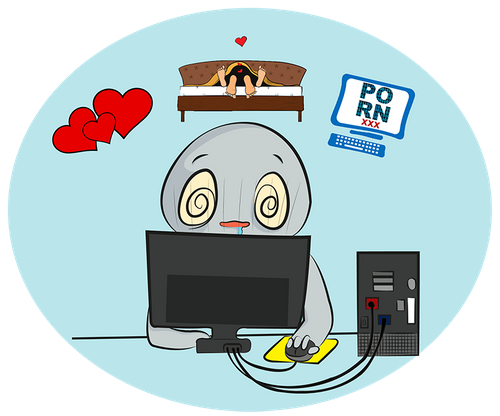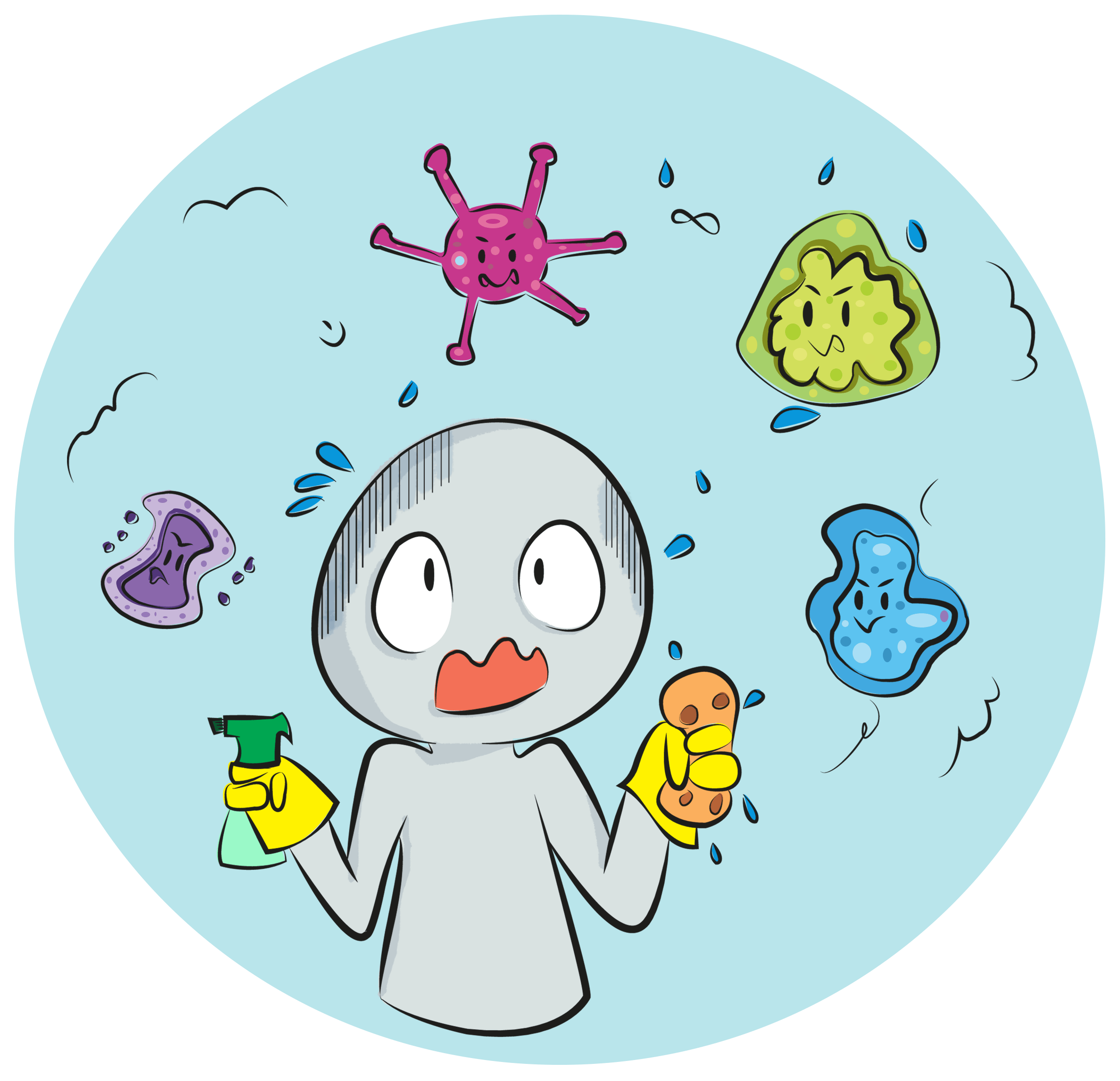ADHD in Malaysia: Symptoms, Causes, Diagnosis, and Treatment
ADHD, or Attention Deficit Hyperactivity Disorder, is a common neurodevelopmental disorder that affects both children and adults. It’s a condition that can significantly impact a person’s life, making it crucial to understand its symptoms, causes, diagnosis, and treatment options. In this comprehensive guide, we’ll delve into the world of ADHD, with a special focus on treatment options available in Malaysia.
At Solace Asia, we’re committed to providing top-notch rehabilitation services, including ADHD treatment. If you or a loved one is grappling with ADHD, we’re here to help. Contact us today to learn more about our services.
Understanding ADHD
ADHD, or Attention Deficit Hyperactivity Disorder, is a brain disorder marked by an ongoing pattern of inattention and/or hyperactivity-impulsivity that interferes with functioning or development. It’s not just a childhood disorder, as it can continue into adolescence and adulthood.
People with ADHD show a persistent pattern of inattention and/or hyperactivity–impulsivity that interferes with functioning or development. Symptoms include difficulty staying focused and paying attention, difficulty controlling behavior, and hyperactivity (over-activity). These symptoms can affect individuals at school, at work, at home, and in social situations.
Types of ADHD
ADHD is generally categorized into three types:
- Inattentive
- Hyperactive/Impulsive
- Combined Inattentive and Hyperactive/Impulsive.
The Inattentive type struggles with focus and organization, the Hyperactive/Impulsive type is restless and impulsive, while the Combined type exhibits a mix of all these symptoms.
Prevalence of ADHD in Malaysia
ADHD is a common condition, affecting millions of children and often continuing into adulthood. Studies suggest that about 5 to 7 percent of children worldwide have ADHD. In Malaysia, the documented prevalence rate of ADHD is 3.9%, but experts think it could be higher due to unrecorded cases. The incidence rate in the population is higher in boys (8-10%) than in girls (4%) with diagnosis occurring before the age of 12 years old.
Causes of ADHD: What We Know
Genetic Factors : Research suggests that ADHD tends to run in families, indicating that genetic factors play a significant role in the development of the disorder. If a parent has ADHD, their child has a higher chance of developing the condition.
Environmental Factors : Certain environmental factors may also contribute to the development of ADHD. These include exposure to lead or other toxins, premature birth, low birth weight, and maternal use of alcohol or tobacco during pregnancy.
Brain Injuries : In some cases, people who have suffered a brain injury may show some symptoms similar to those of ADHD. However, only a small fraction of people with ADHD have suffered a traumatic brain injury.
Other Contributing Factors : Other factors that may contribute to the development of ADHD include social environment, upbringing, and the presence of other mental health disorders.
Diagnosis of ADHD
Diagnosing ADHD is a complex process that involves several steps. The process typically begins with a detailed interview with the parents, teachers, and the child. This is followed by a thorough physical examination to rule out other possible causes of symptoms.
Role of Parents, Teachers, and Healthcare Providers in Diagnosis : Parents, teachers, and healthcare providers play a crucial role in the diagnosis of ADHD. They provide valuable insights into the child’s behavior in different settings, which is essential for a comprehensive evaluation.
Reference to DSM-5 Guidelines for Diagnosing ADHD : In diagnosing ADHD, healthcare providers often refer to the Diagnostic and Statistical Manual of Mental Disorders (DSM-5), published by the American Psychiatric Association. The DSM-5 provides criteria for diagnosing ADHD based on the persistence of symptoms, the extent of their impact on functioning, and their presence in multiple settings.
Treatment Options for ADHD in Malaysia
ADHD is a chronic condition that often requires long-term management. The treatment approach typically involves a combination of medication, psychotherapy, education or training, and a healthy lifestyle.
Can We Rely on Medication for Managing ADHD Symptoms?
Medication is often an effective part of ADHD treatment. It can help to reduce symptoms of ADHD and can make it easier for individuals to concentrate, control their impulses, and follow through with tasks.
Different Types of Therapies Available
In addition to medication, various therapies can be beneficial for individuals with ADHD. These include behavioral therapy, cognitive-behavioral therapy, family therapy, and school-based interventions. At Solace Asia, we offer a range of therapies tailored to the needs of individuals with ADHD.
The Role of Solace Asia in ADHD Treatment
At Solace Asia, we believe in a holistic approach to ADHD treatment. We understand that each individual is unique, and we tailor our treatment plans to meet the specific needs of each person. Our treatment methods are based on the latest scientific research and clinical guidelines. We use evidence-based interventions to ensure that our clients receive the most effective treatment.
The Impact of ADHD on Daily Life
Living with ADHD can be a challenge. The symptoms of ADHD, such as difficulty focusing, impulsivity, and hyperactivity, can interfere with all aspects of life, including school, work, and relationships. However, with the right treatment and support, individuals with ADHD can learn to manage these symptoms and lead fulfilling lives.
ADHD and Relationships
ADHD can also impact relationships. The impulsivity and difficulty with focus that are characteristic of ADHD can lead to misunderstandings and conflicts. However, understanding and empathy from loved ones can go a long way in helping to manage these challenges.
ADHD at School and Work
ADHD can pose challenges in school and at work. Students with ADHD may struggle with focusing on tasks, staying organized, and following instructions. Adults with ADHD may face similar challenges at work. However, with appropriate accommodations and support, individuals with ADHD can succeed in school and at work.
The Importance of Early Diagnosis and Treatment
Early diagnosis and treatment of ADHD can make a significant difference. When ADHD is identified and treated early, individuals have the best chance of managing their symptoms and achieving their full potential.
Parents and teachers play a crucial role in the early diagnosis of ADHD. They are often the first to notice symptoms of ADHD in a child. If you’re a parent or teacher and you notice signs of ADHD in a child, it’s important to seek professional help as soon as possible.
Early treatment of ADHD can help to reduce symptoms and improve functioning. Treatment can help individuals with ADHD to do better in school, at work, and in their relationships. It can also help to prevent the development of associated problems, such as low self-esteem and mental health issues.
ADHD and Co-occurring Conditions
Common Co-occurring Conditions : ADHD often co-occurs with other mental health conditions. These may include mood disorders, anxiety disorders, learning disorders, and conduct disorders. It’s important to identify and treat these conditions to ensure the best outcomes for individuals with ADHD.
The Importance of Comprehensive Assessment : A comprehensive assessment is crucial for identifying co-occurring conditions in individuals with ADHD. This involves a thorough evaluation of the individual’s symptoms, functioning, and history.
Treatment of Co-occurring Conditions : Treatment of co-occurring conditions often involves a combination of medication and psychotherapy. The specific treatment plan will depend on the individual’s symptoms and needs.
How Solace Asia Can Help
At Solace Asia, we offer a range of services to support individuals with ADHD and their families. Our team of professionals is committed to providing the highest quality of care. Contact us to learn more about how we can help.
ADHD is a complex condition, but with understanding, support, and appropriate treatment, individuals with ADHD can lead successful and fulfilling lives.
If you or a loved one is struggling with ADHD, don’t hesitate to seek help. Remember, you’re not alone, and help is available.







